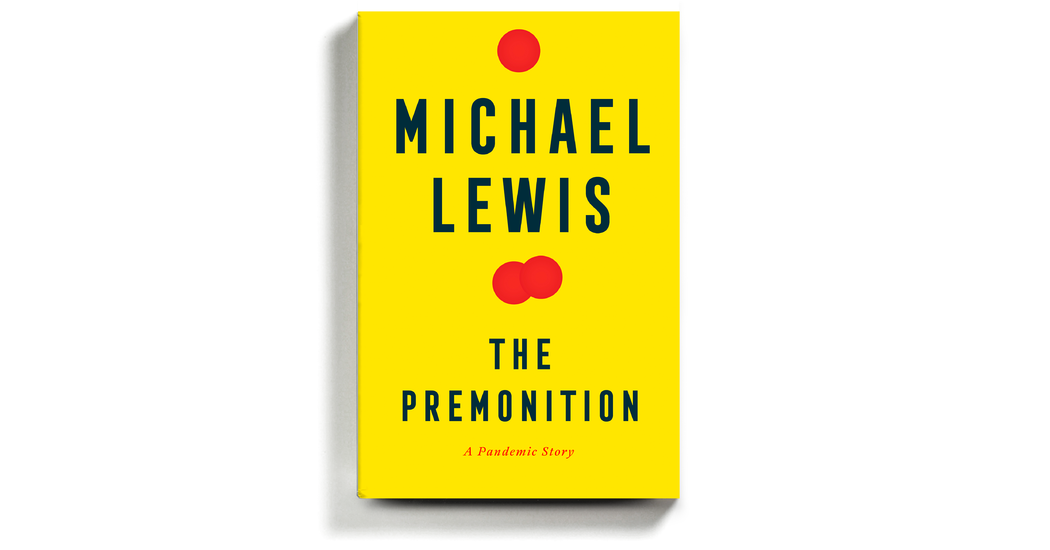
This method of hewing so tightly to his characters’ perspectives gives Lewis’s narrative its undeniable propulsion, but it also comes at a cost. He doesn’t supply any endnotes, or even a sense of how many people he talked to. His main characters are presented to us as they would undoubtedly like to appear: charmingly obsessive, unwaveringly principled and unfailingly right.
At several points, he transcribes long block quotes from Hatchett’s journal entries — essentially handing him the mic. Lewis portrays Sonia Angell, the former public health director for California, who happened to be Dean’s boss and nemesis, as monstrously incompetent, which may be true, but he doesn’t include any comment from Angell. When a figure is about to get eviscerated in print, journalists are at least supposed to give her a chance to explain herself; Lewis may have done this, but his spellbinding narrative is so driven by Dean’s point of view that it doesn’t give any indication that he did.
As for Dean, who compares herself to David fighting Goliath and Noah building the ark, she wanted the government to consider local online dashboards that would allow everyone in a neighborhood to see exactly who had been infected with the coronavirus, who had been hospitalized and who had died. “The president would need to issue an executive order to make an exception for medical privacy laws,” Lewis writes, “but that seemed a small price to pay for a million American lives.” He doesn’t question Dean’s idea for extreme public shaming, nor quote anybody who does. Looking askance at the timidity of politicians, who get nervous about things like optics and blowback and the Constitution, Lewis has embedded himself with Team Technocrat.
Lewis knows that one person’s story will never convey the entire picture. “Anyone on the inside could tell a more or less coherent story about whatever they had done, and why,” he writes. Yet to judge by the morality tale he offers in “The Premonition,” his own method is to choose a side and run with it.
He ends with what’s apparently intended as a heartwarming epilogue about Dean’s decision, a year into the pandemic, to enter the private sector. She has named her venture The Public Health Company. “We’re going to do private government operations, like Blackwater,” she says. For some readers, her reference to a notorious mercenary force might sound ominous, but there’s no skepticism and no pushback from Lewis, nothing to suggest that he might see it differently from how Dean does: as the brilliant idea of an honorable person whose only intention is to do the right thing.




